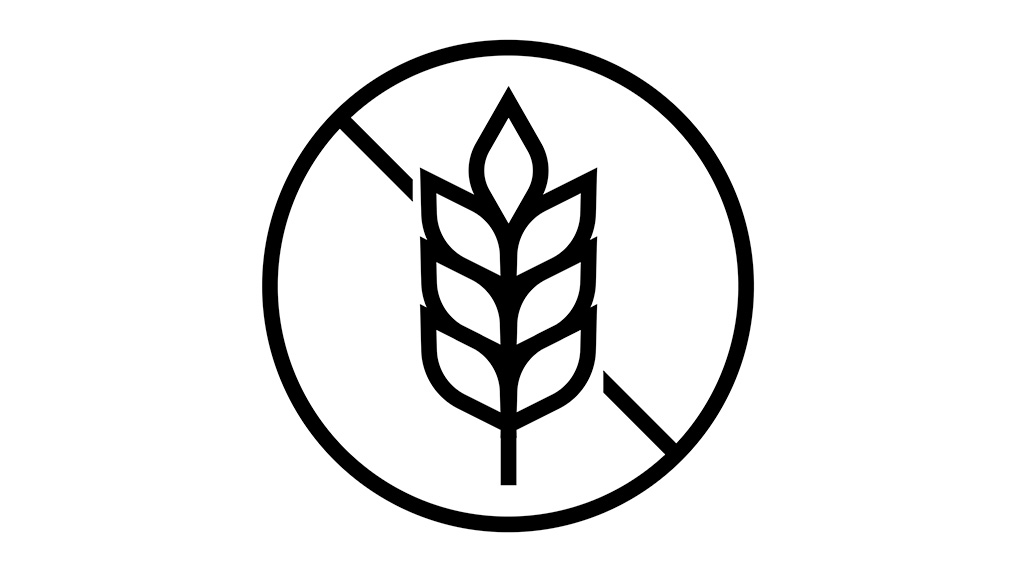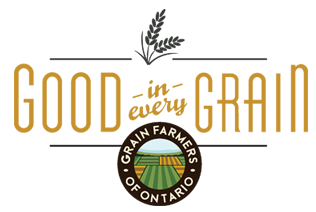Should I be eating grain-free?

We have been hearing a lot of buzz about going grain-free. A simple online search pulls up many results, including grain-free diets, recipes, granola, and even grain-free dog and cat food!
With so much online content about a grain-free diet, you may wonder if you should eat grain-free? Science says that grains are an important and beneficial part of a healthy, balanced lifestyle, and many health professionals argue that grains are vital to our overall health and wellness.

What happens if I eliminate grains from my diet? What will I miss?
Grains contain many necessary vitamins, minerals and other nutrients our bodies need to function. Protein, fibre, and amino acids are beneficial to a healthy body and can be found in grains. Studies have shown that whole grain foods, like whole wheat flour and whole oats, can help reduce your risk of heart disease, diabetes, and some cancers while also aiding in healthy digestion.
Health Canada recommends that one-quarter of your plate be a whole-grain option, such as whole-grain pasta, whole-grain brown bread, or brown rice. The Heart and Stroke Foundation of Canada also encourages Canadians to eat grains- in fact, eating food with more fibre and protein (like whole grains) helps you stay healthy and fuller longer! There are also countless other studies available on the benefits of grains on our health, including our gut and heart health, how grains can help those with diabetes and the wonderful benefits of fibre!
Choosing a grain-free diet would mean missing out on these necessary nutrients and increasing your chances of other diseases like heart disease, high cholesterol, and diabetes.
What if I can’t eat grains?
There are percentages of Canadians who cannot eat grains: those with celiac disease or wheat intolerance, for example. Celiac disease is an inherited autoimmune disorder where gluten, a protein found in wheat, barley, and rye should not be consumed. Health Canada states that an estimated one per cent of the Canadian population (or 1 in 114 Canadians) is affected by celiac disease. However, about 90 per cent of celiac disease cases remain undiagnosed. The Whole Grain Council tells us that an additional 0.2% to 0.4 per cent of the population may be allergic to wheat, and another one to six per cent of the population may have non-celiac gluten sensitivity.
Individuals who have celiac disease can enjoy grains by choosing gluten-free grains like corn, rice and quinoa, to name a few. Many people with celiac disease can also tolerate pure oats. While oats inherently do not contain gluten, oats in North America may have come in contact with gluten-containing grains during harvest, milling, or processing.
TL:DR Yes, grains should be a part of your lifestyle unless a diagnosed allergy or avoidance exists. Taking part in a grain-free diet might just be jumping on another food trend, as science shows grains (especially whole grains!) are important to our overall health.



